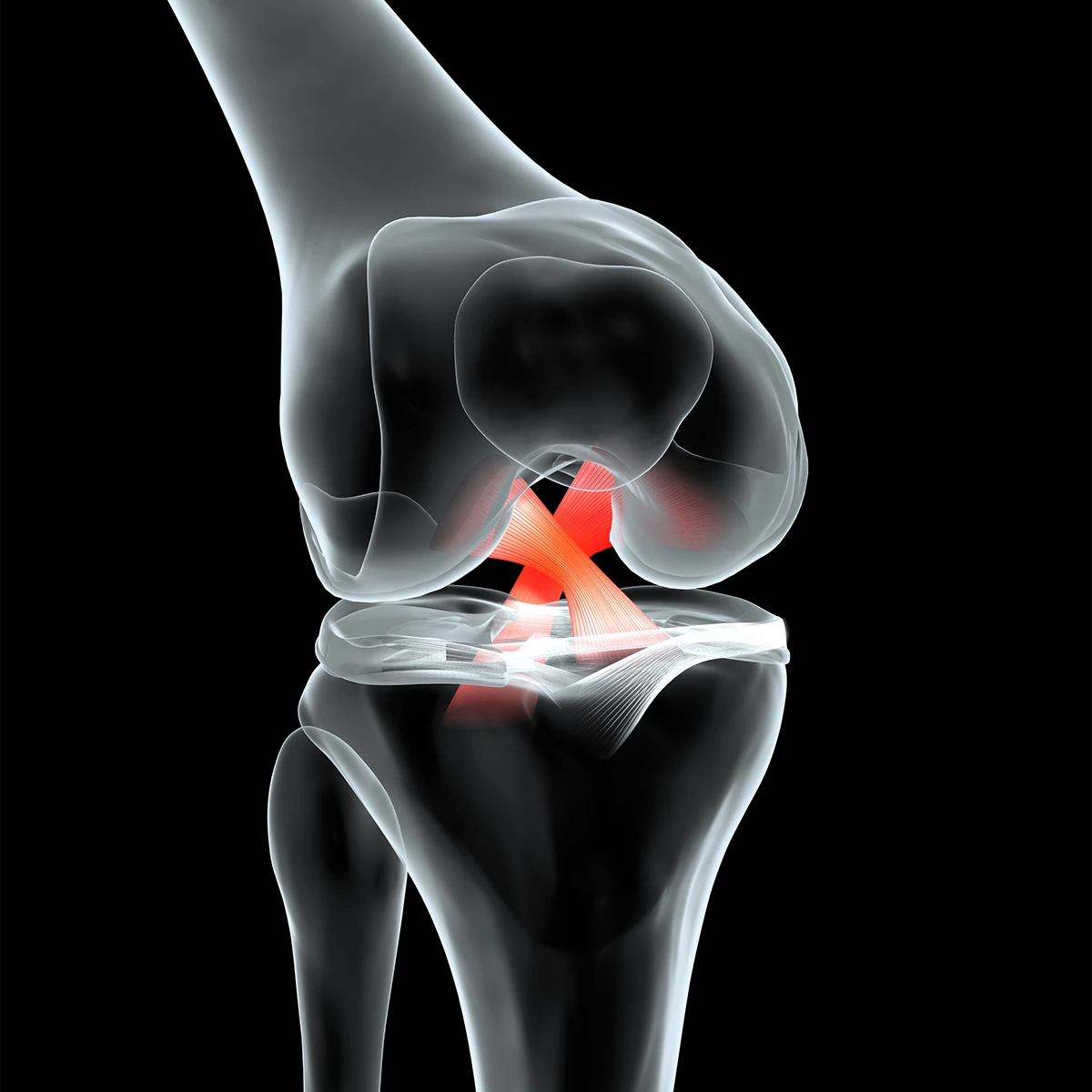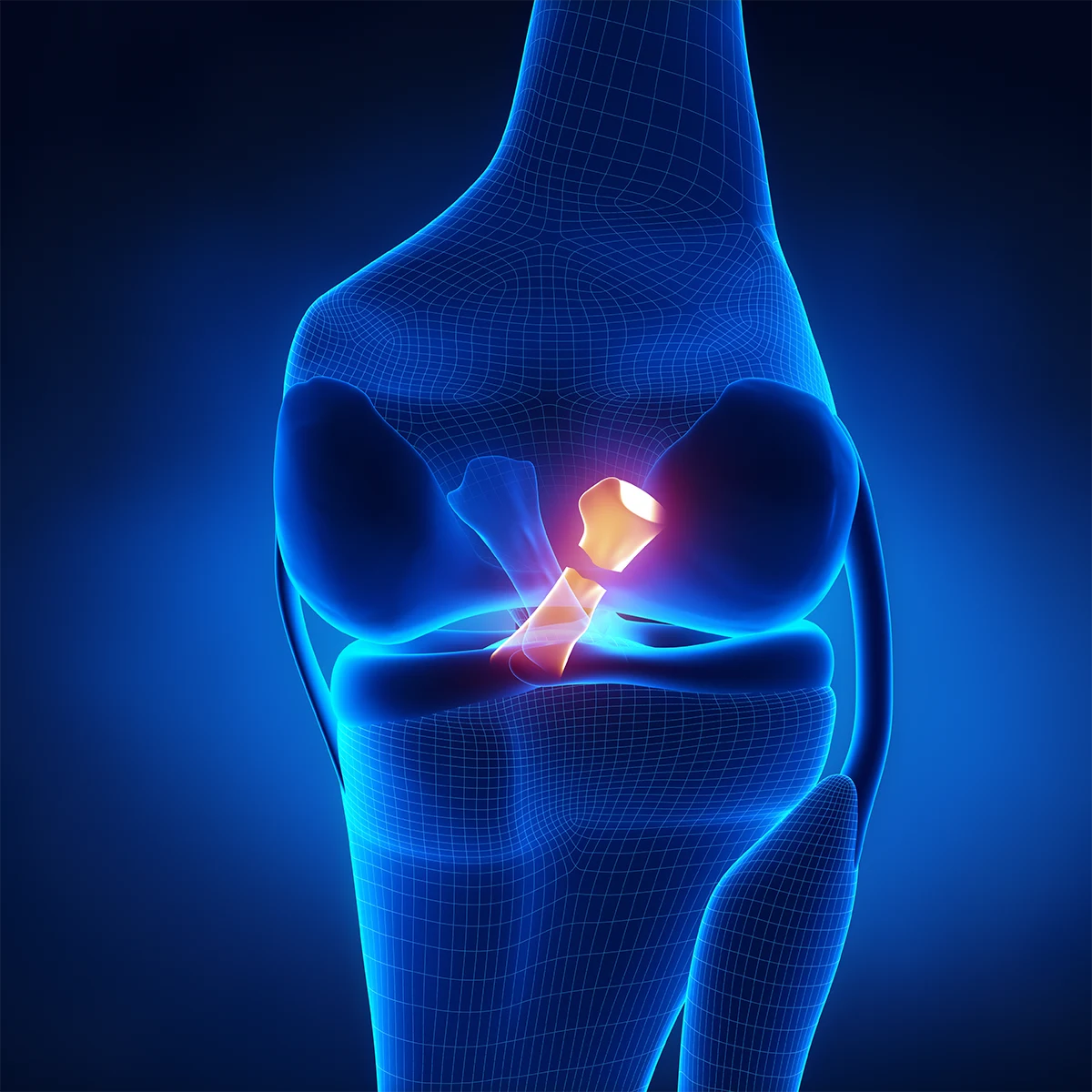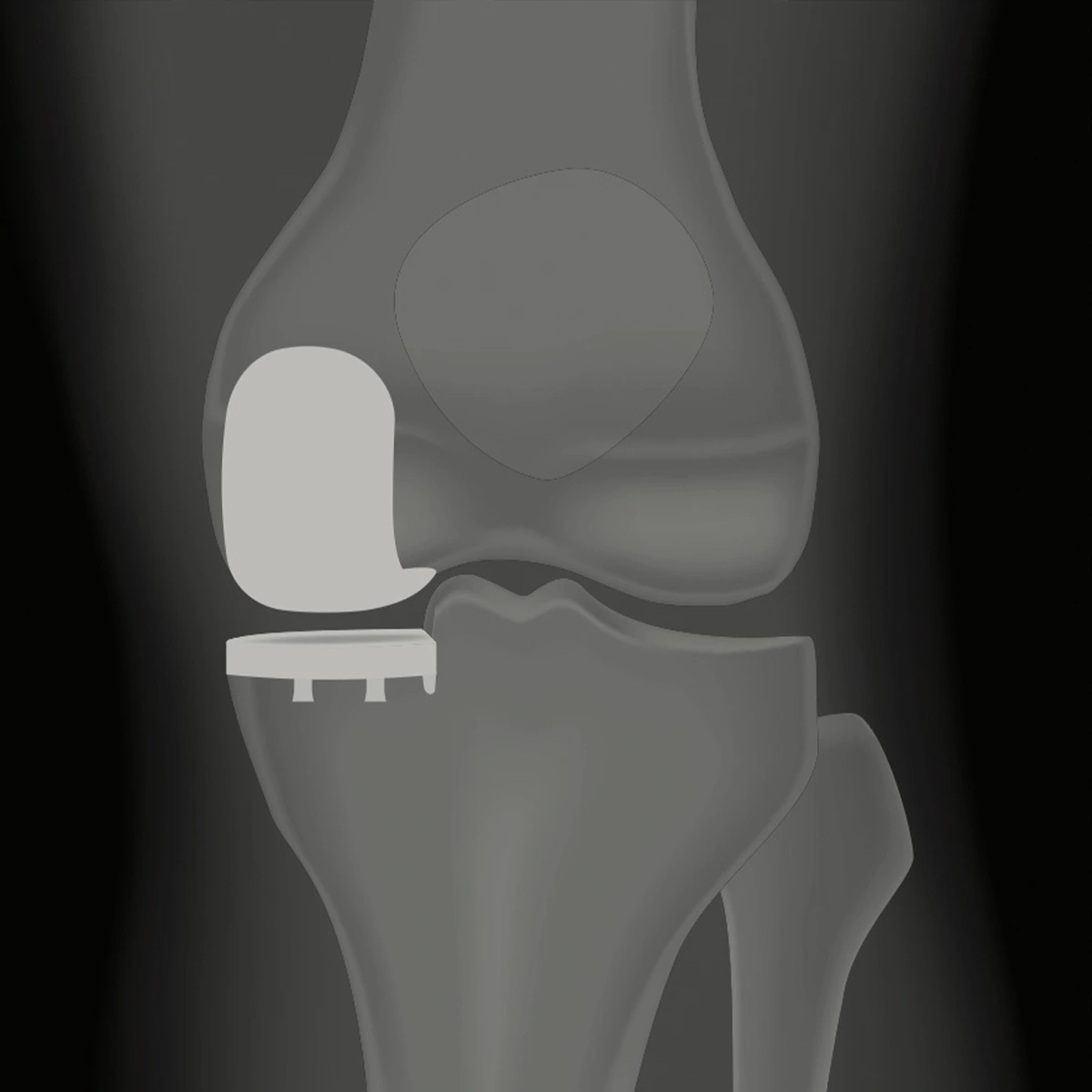Bilateral Knee Replacement, also known as Double Knee Replacement is a surgery in which both knees are replaced with an artificial joint or prosthesis. This can be done simultaneously during the same surgery at once, or spread at different times in two separate surgeries.
When both knees are replaced during the same surgery, the surgery is known as a simultaneous bilateral knee replacement. When each knee is replaced through two surgeries, it’s called a staged bilateral knee replacement. Either one may involve any combination of total knee replacement or partial knee replacement surgeries.
Simultaneous bilateral knee replacement
During simultaneous bilateral knee replacement surgery, both of your knees will be replaced at the same time. The primary advantage of a simultaneous procedure is that there is only one hospital stay and one rehabilitation period for both knees.
However, rehabilitation may be slower, as it’s more difficult to use both knees at the same time. Most patients, who choose simultaneous bilateral knee replacement surgery need assistance at home during recovery.
Simultaneous bilateral knee replacement surgery will also take longer to perform. This procedure typically takes 3 to 4 hours.
Since simultaneous bilateral knee replacement surgery requires more time and heavier anesthesia dosage, there is an increased risk of complications. The surgery isn’t recommended for patients with heart conditions or lung disease. These high-risk patients may experience heart problems or excessive blood loss during and/or after surgery.
Staged bilateral knee replacement
In staged bilateral knee replacement surgeries, both knees are replaced in two separate procedures. Usually, these surgeries are done a few months apart. Each surgery lasts about 2 hours. This approach allows one knee to recover before the second knee undergoes surgery.
The main advantage of a staged surgeryies is the reduced risk of complications. It also needs a shorter hospital stay.
However, since this procedure requires two knee replacement surgeries, the overall rehabilitation period can be much longer. This may delay your return to some of your normal daily activities.
Risks of double knee replacement
Risks associated with both simultaneous and staged bilateral knee replacement surgeries consist of:
- Infection.
- Blood clots.
- Cardiac arrest.
- Stroke.
- Nerve damage.
- Artificial joint failure.
- Potential need for blood transfusion.
Patients over the age 65 are more likely to experience complications from double knee replacement surgery. Men are also at a greater risk for complications than women.
Bilateral knee replacement recovery
Immediately after double knee replacement surgery in Nairobi, you’re taken to a recovery room for a few hours before being brought to your hospital room. You can expect to remain in the hospital for three to five days after a staged double knee replacement and up to 10 days if you choose simultaneous double knee replacement.
During your hospitalization, orthopaedic surgeon will watch for any signs of infection, blood clots and any other potential complications. Your orthopaedic will also show you low-intensity exercises that can improve movement and promote healing.
You may start physio therapy, sometimes even within a few hours of surgery, so you can begin recovering to normal knee movements.
Most physical therapy sessions may last between 6 ato 12 weeks, but may be longer depending on the progress and pre-existing conditions.
During the rehabilitation period, it is critical to follow the instructions from your physio therapist and orthopaedic surgeon to ensure a complete recovery from your bilateral knee replacement surgery.
Most patients recover within 12 months, but your bilateral knee replacement recovery time may differ depending on your age and overall health.
Ready to book an appointment?
Other Knee Procedures






